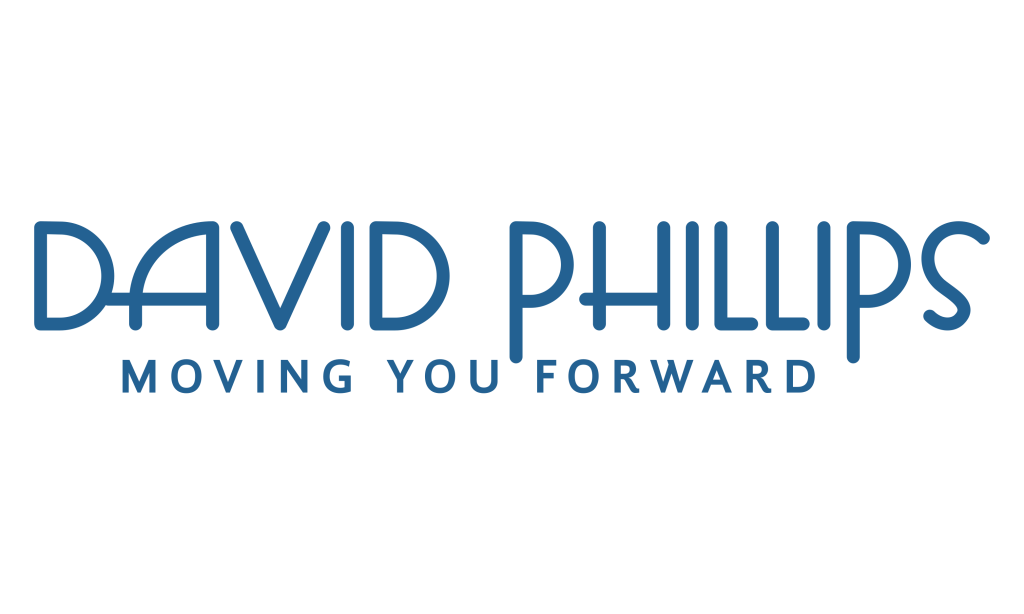
Courage and Eleanor Roosevelt: How to Follow Your Heart and Thrive Despite Criticism
Courage in Leadership: Embracing Authenticity and Resilience
Imagine standing alone in a boardroom, voicing an idea that goes against the grain. Your heart races, palms sweat, but you push forward. This is courage in leadership—standing firm in your beliefs even when it’s uncomfortable or unpopular.
## Embracing Authenticity in Decision Making
Authenticity is the cornerstone of effective leadership. When leaders make decisions true to their values, they inspire trust and loyalty in their teams. Take Howard Schultz, former CEO of Starbucks, who stayed committed to providing healthcare benefits for part-time workers despite financial pressures. His authenticity not only reinforced the company’s values but also boosted employee morale and loyalty.
Being authentic in decision-making means aligning your choices with your personal values and the mission of your organization. It requires self-awareness and the willingness to prioritize integrity over short-term gains. This alignment fosters a work environment where team members feel secure and motivated to contribute their best.
Moreover, authentic leaders are more adaptable. They are open to feedback and willing to adjust their strategies without compromising their core principles. This flexibility, grounded in authenticity, allows leaders to navigate complex challenges with confidence and resilience.
## Understanding the Inevitability of Criticism
No matter how strong your convictions, criticism is inevitable. Leaders often face opposition when they challenge the status quo or introduce innovative ideas. Understanding that criticism is a natural part of leadership helps in maintaining self-confidence and perseverance.
Consider the story of Elon Musk, who has faced relentless criticism for his bold ventures like SpaceX and Tesla. Despite skepticism and setbacks, his resilience and unwavering belief in his vision have propelled these companies to groundbreaking successes. Musk’s ability to handle criticism underscores the importance of staying true to one’s goals.
Embracing criticism involves viewing it as an opportunity for growth rather than a setback. Constructive feedback can provide valuable insights, while unwarranted criticism can be filtered out. Developing this mindset helps leaders maintain their integrity and continue pushing forward with determination.
## Balancing Personal Values with External Expectations
Balancing personal values with external expectations is a delicate task for leaders. It involves staying true to your personal values while meeting the demands of stakeholders, clients, and team members. This balance is essential for maintaining personal authenticity and fostering a respectful workplace.
One example is Indra Nooyi, former CEO of PepsiCo, who balanced profitability with social responsibility. She implemented healthier product lines and sustainable practices, aligning the company’s success with her personal values. This balance not only enhanced PepsiCo’s market position but also reinforced her reputation as a principled leader.
Achieving this balance requires clear communication and setting realistic expectations. Leaders must articulate their values and ensure that their actions reflect those principles. This transparency helps in navigating conflicts between personal beliefs and external pressures, promoting self-reliance and trust within the organization.
## Overcoming the Fear of Judgment
The fear of judgment can paralyze even the most confident leaders. Overcoming this fear is crucial for effective self-expression and courage to be different. Leaders must develop self-trust and believe in their inner compass to make bold decisions.
Sheryl Sandberg, COO of Facebook, often speaks about overcoming fear and embracing vulnerability. Her approach encourages leaders to take risks and express their true selves, even when it means facing criticism. Sandberg’s advocacy for openness highlights the importance of confronting the fear of judgment to foster an inclusive and innovative workplace.
Strategies to overcome this fear include focusing on your mission, seeking support from trusted colleagues, and practicing resilience. Building inner confidence allows leaders to withstand external pressures and stay committed to their vision, enhancing their self-assuredness and leadership effectiveness.
## The Role of Intuition in Choosing Right
Intuition plays a vital role in leadership decisions. It’s that inner sense guiding you when data and logic alone can’t provide clear answers. Trusting your intuition requires self-trust and inner strength, essential components of courage.
Steve Jobs famously relied on his intuition to drive Apple’s innovative products. His instinctual understanding of consumer desires led to the creation of groundbreaking devices like the iPhone. Jobs’ success illustrates how intuition, when combined with expertise, can lead to exceptional leadership and business outcomes.
Leaders can nurture their intuition by gaining diverse experiences, reflecting on past decisions, and staying attuned to their inner compass. This holistic approach enables leaders to make informed decisions that align with their values and the goals of their organization.
## Strategies for Staying True to Yourself
Staying true to yourself in leadership requires intentional strategies and unwavering commitment. Here are some effective methods:
- Define Your Values: Clearly identify what matters most to you and use these values as a guide for your decisions.
- Set Boundaries: Establish limits to protect your personal integrity against external pressures.
- Seek Feedback: Engage with trusted mentors and peers to gain insights while maintaining your authenticity.
These strategies help leaders maintain their personal authenticity and ensure their actions reflect their true selves. By implementing these practices, leaders can navigate complex situations with confidence and integrity.
Additionally, regular self-reflection and mindfulness can reinforce self-awareness, enabling leaders to stay aligned with their values even in high-pressure environments. This alignment fosters self-determination and a resilient approach to leadership challenges.
## Navigating Social Pressures and Opinions
Leaders often face social pressures that can challenge their individuality and decision-making. Navigating these pressures requires a strong sense of self and the courage to stand by your beliefs.
Diane von Furstenberg, a renowned fashion designer, successfully navigated social pressures by championing women’s empowerment in her brand. She resisted industry norms that limited women’s roles, fostering a culture that celebrates independence and self-expression. Her ability to maintain her vision despite external opinions highlights the power of courageous leadership.
To effectively navigate social pressures, leaders should focus on building supportive networks, clearly communicating their vision, and staying adaptable without compromising core values. This approach ensures that external opinions do not derail their commitment to authenticity and excellence.
## Building Resilience Against Negative Feedback
Negative feedback is inevitable, but resilient leaders use it as a tool for growth. Building resilience involves developing a mindset that views challenges as opportunities rather than threats.
Oprah Winfrey exemplifies resilience in leadership. Throughout her career, she faced numerous criticisms but used them to refine her approach and strengthen her brand. Her ability to bounce back from setbacks demonstrates the importance of perseverance and self-trust in overcoming adversity.
Strategies for building resilience include maintaining a positive outlook, learning from failures, and seeking continuous improvement. By adopting these practices, leaders can effectively handle negative feedback and emerge stronger, enhancing their self-confidence and leadership capabilities.
## Cultivating Inner Confidence and Self-Belief
Inner confidence is the bedrock of courageous leadership. Cultivating self-belief empowers leaders to take decisive actions and inspire their teams.
Consider Nelson Mandela, whose unwavering self-belief sustained him through 27 years of imprisonment. His steadfast confidence not only fueled his perseverance but also inspired a nation to embrace change and reconciliation. Mandela’s legacy underscores the transformative power of inner confidence.
To build inner confidence, leaders should celebrate small victories, seek continuous learning, and surround themselves with supportive individuals. These practices reinforce self-assuredness and enable leaders to face challenges with bravery and determination.
## Long-Term Benefits of Following Your Heart
Choosing to follow your heart has profound long-term benefits for both leaders and their organizations. It leads to greater fulfillment, sustained motivation, and a more authentic workplace culture.
When leaders prioritize their passions, they create an environment where creativity and innovation thrive. For instance, Satya Nadella’s heartfelt commitment to empathy transformed Microsoft’s corporate culture, fostering collaboration and driving the company’s success in new markets.
Additionally, following your heart builds trust and loyalty among team members. When leaders demonstrate genuine passion and conviction, it fosters a sense of purpose and direction, leading to higher engagement and productivity. The long-term rewards of this approach include a resilient, motivated team and a legacy of impactful leadership.
Conclusion
Courage in leadership is not about heroic acts but about the daily choices to stay true to oneself, embrace authenticity, and stand firm in the face of adversity. By cultivating inner strength, resilience, and self-confidence, leaders can navigate criticism, balance personal values with external expectations, and inspire their teams to achieve greatness.
As you reflect on your leadership journey, ask yourself: Are you leading with courage? Are you staying true to your values and trusting your inner compass? Embrace the courage to be different, and watch as your authentic leadership transforms not only your career but also the lives of those you lead.
Share your thoughts and experiences on courageous leadership in the comments below. Let’s inspire each other to lead with authenticity and resilience!



